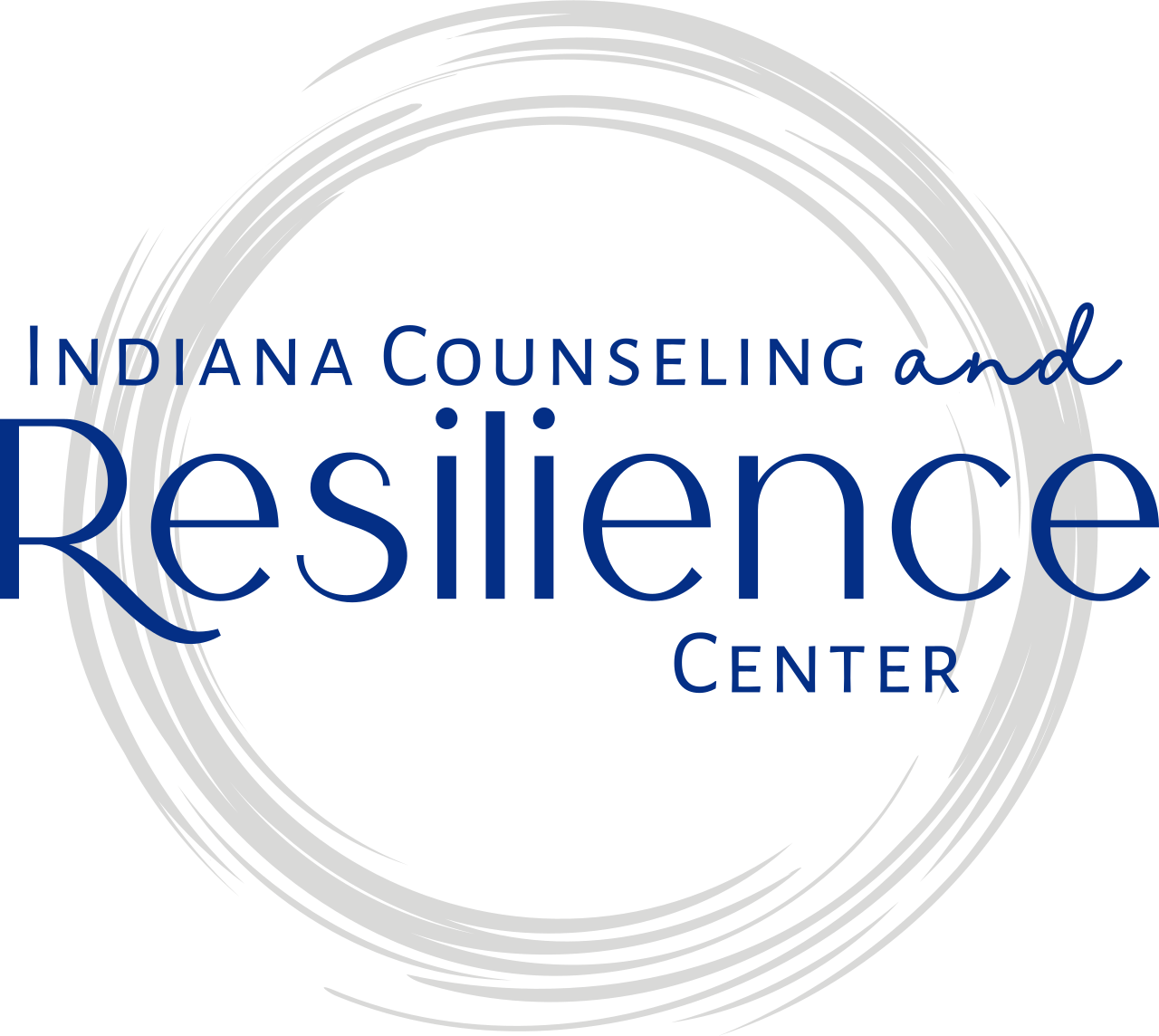Stress Management and Resilience Building
This ever-evolving landscape of personal and professional responsibilities demands a proactive and intentional approach to well-being. Stress can be managed effectively when armed with the right tools and mindset. Cultivating resilience empowers us to navigate life with strength and adaptability. Here we explore the intricacies of stress management and resilience building, emphasizing the importance of a holistic approach to well-being.
Understanding Stress
To effectively manage stress, it's essential to comprehend its various facets. Stress comes in different forms, ranging from acute to chronic, and can be triggered by a myriad of factors. Since everyone has a unique response to stress there is not just one method that works for everyone or in every situation, so experiment with different techniques and strategies.
The 4 A's of Stress Management
The 4 A's — Avoidance, Alteration, Adaptation, and Acceptance — form a comprehensive framework for dealing with stress. Avoidance involves identifying and steering clear of unnecessary stressors, while alteration encourages changing perspectives or modifying situations. Adaptation focuses on developing coping strategies, and acceptance emphasizes recognizing and coming to terms with uncontrollable stressors.
Resilience Building
Resilience acts as a powerful ally in the face of adversity. Defined as the ability to bounce back from challenges, resilience can be cultivated through various means. Positive psychology interventions and the development of a growth mindset play pivotal roles in building resilience, empowering individuals to face life's uncertainties with strength and determination.
Lifestyle Factors
The connection between lifestyle choices and stress management cannot be overstated. Prioritizing nutrition, engaging in regular exercise, and ensuring adequate sleep contribute significantly to overall well-being. Embracing a holistic approach to health sets the stage for effective stress management and resilience building.
Social Support
Human connection plays a crucial role in navigating life's challenges. Building and nurturing supportive relationships provide a safety net during stressful times. Recognizing the value of social support and seeking help when needed fosters a sense of belonging and strengthens one's ability to cope with stress.
Time Management
Effective time management is a key component of stress reduction. By prioritizing tasks, setting realistic goals, and implementing time-management techniques, individuals can create a sense of control over their daily lives, reducing the likelihood of feeling overwhelmed.
In the journey of life, stress is an unavoidable companion but how we navigate its challenges defines our well-being. Embracing resilience-building practices and making mindful lifestyle choices will help you to weather life's storms and emerge stronger on the other side.
Ready to Begin Therapy in Indianapolis, IN?
If you find that you need additional support, we’re ready to help you! At Indiana Counseling and Resilience Center, we can work with you to develop effective strategies to reduce stress and help you regain control of your life. Remember, you deserve a peaceful and fulfilling future, and therapy can be a powerful tool to help you achieve it. Follow these three simple steps to get started:
Contact us to schedule an appointment
Begin meeting with one of our skilled therapists
Start managing your stress in a healthy and positive way!
Other Services Offered at Indiana Counseling and Resilience Center
At Indiana Counseling and Resilience Center, our team wants the best for our clients and we want to support you in any way we can. Our team of skilled and caring therapists specialize in anxiety, trauma & PTSD counseling, couples counseling, and EMDR therapy. We offer our services both in-person and online in the state of Indiana. For more about us check out our FAQs!





